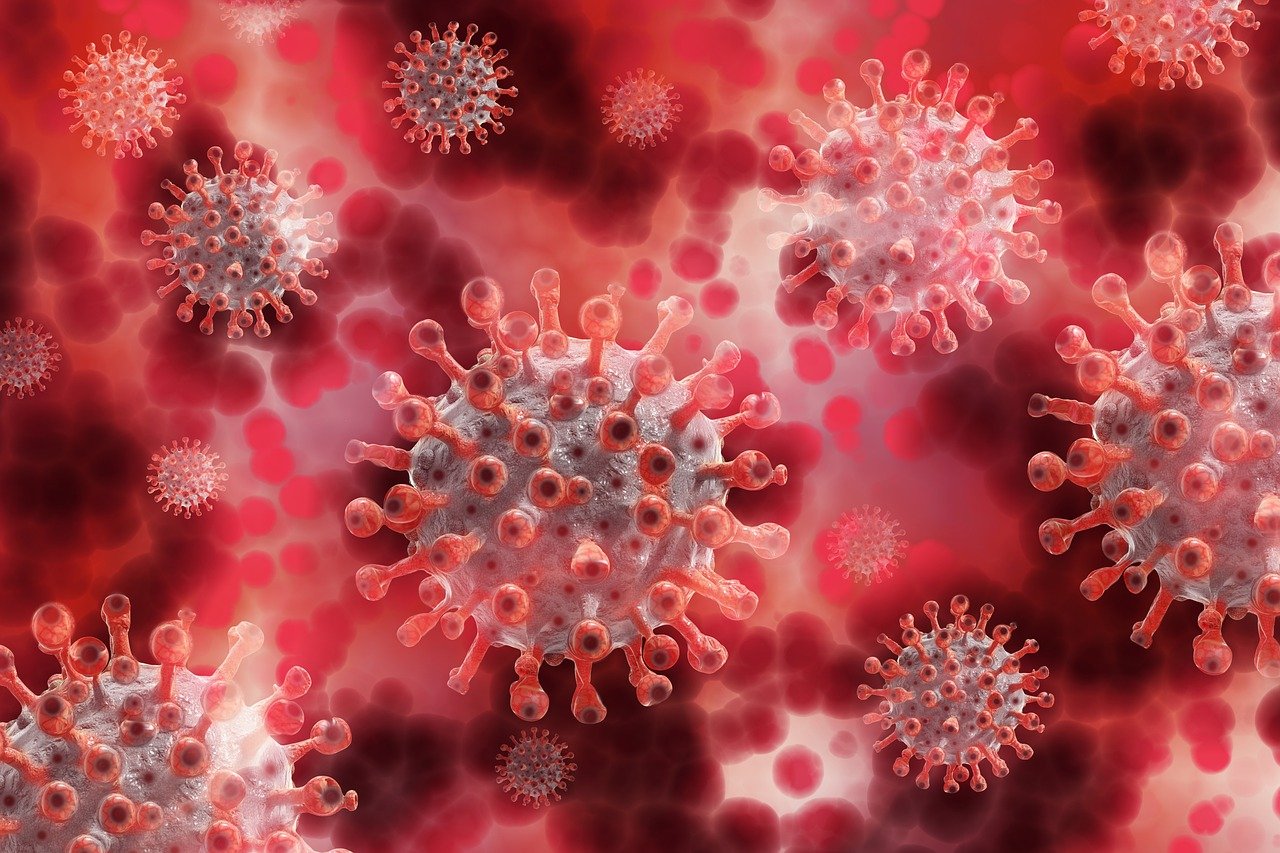Best Air Purifier For Viruses
Selecting a great air purifier for your needs, is never straight forward. Selecting the best one for viruses is even more of a challenge. It is especially difficult when you find that there are many different information sources providing different answers and recommendations. There are review sites that turn out are nothing more than people making a profit by steering you to a unit they happen to sell or get a commission from if you purchase what they recommend. They are not providing you with the best solution, just the one that makes the most for them. Even worse, there is plain old inaccurate information that confuses everyone. With this article, we are going to provide approaches and options that will help you decide and give you accurate information to help you select the best option for you.
There are many different viruses in the world with varying degrees of impacts on your health and safety. For air purification systems it is all about how you reduce these viruses from the air you breath and which method reduces them the most. While the goal is to remove them 100% from the air, no system can guarantee that, but selecting the right type increases the chance of reducing them to as close to zero as possible.
Before determining the best air purifier for viruses, it is important to understand the different filter/methods of air purification. Essentially there are 4 main types of air purification. You may hear them called something different or described as some new technology just devised, they really come down to these basic methods and filter types.
- Fan based filtration that moves air through filters with the goal of capturing the viruses on the filters where they die. Generally, these have HEPA’s and often Carbon filters. They are also called passive filtration because the filters are not active, but just installed in the unit waiting for something catch on them.
- Ionization systems that create negative/positive charge and sends the charged particles out into the air. The are made with a UV light bulb, ballast and exciter to generate the ionization. They work by causing particulate to become magnetized. This causes them to stick to each other, making the particles heavier. They fall to surfaces to be swept or vacuumed away.
- Heat ceramic plate systems. These work by moving particulate thru a chamber that is heated to usually an extremely hot temperature. Usually around 400 degrees Fahrenheit. These are sometimes called sterilizers as they leave living organisms inert. Because these require exposure time, they are usually slow working and made for only smaller areas like a bedroom, office, or other small area.
- UV light. These are basically surface sanitizers. By exposing a virus or any living organism for certain amount of time to the UV light will kill any living organism. So, they require the virus or bacteria to not be moving while being exposed to the UV to work effectively. So, they work best when combined with a HEPA/Carbon fan-based unit, so they can sanitize the filters from whatever catches on them.
Viruses can range from 0.02 to 0.25 microns in size. Why is this important? It is because we believe a fan-based unit with HEPA and Carbon provides the best, most economical way, and fastest way to reduce viruses in the air in the room for your health and safety. Viruses larger than 0.10 microns will catch on a good medical grade heap. Viruses below 0.10 microns take on a gaseous form that will simply deflect and move through your heap. Carbon is made to absorb gases and fumes. So, this will provide extra protection. No filtration system is perfect and 100% assured with a small % of the virus that can slip through. Sometimes it can take a while for the virus to slip through and be released into the air. To protect from this small percentage, you can buy air purification systems with UV. Generally, you need 5-6 minutes of UV exposure time to sanitize the filter and other surfaces. So, when the viruses are caught on the HEPA or absorbed in carbon they are exposed to the UV to completely kill them off. One of the best air purifier for viruses is a hybrid ionizer and HEPA/Carbon unit. These are extremely effective as you the UV effect plus the ionization effect in addition to HEPA and Carbon.
There are many other variables that effect the proper handling of virus. One important one is that the virus must get pulling into the air purifier for it to get handled. This can take time, or the virus can fall to the surface in your home or office before getting swept into the air purifier. Depending on severity and type of viruses or your individual needs, other cleaning and disinfecting methods will help reduce your overall risk along with using an air purifier.
The Airpura P600 Air Purifier Hybrid Ionizer is definitely one of the best air purifier for viruses available on the market. Since there are many variables, we would be glad to provide assistance in helping you determine the best solution for your situation. You can call us at 888-861-5639 or visit our store at www.theairpurifierstore.com. We have over 5 years’ experience and experts standing by to help you.




1 comment
Mroz
We really need an air purifier at home like this article https://blogs.buoyant.com.ph/2022/03/02/your-guide-to-choosing-an-office-air-purifier/